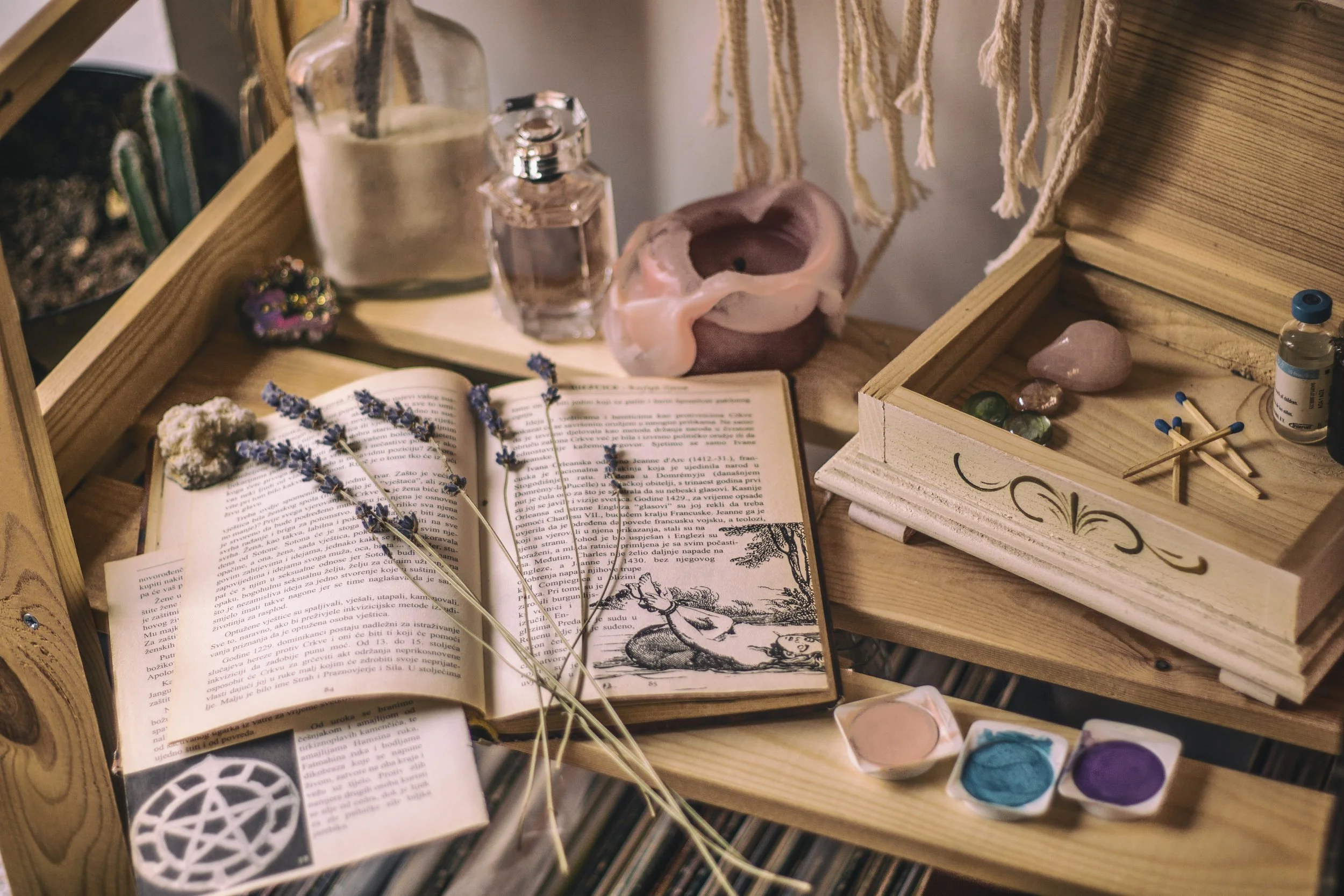Bunny benefits: Stuffed animals as therapy
By Talia Bina
As a child, I always carried around a stuffed animal. I still have my first baby toy — a lamb-stuffed animal that rattled. After that, I upgraded to a stuffed beige dog that I could not live without. Literally. My parents bought multiples of that dog because when it would get dirty or destroyed, they needed to replace it fast. After the dog, there was Marie the cat from Aristocats, and then Kitty, a little white cat my cousin bought me on a trip, and then Bunny, a build-a-bear I bought years back but reunited with at the age of 15.
I am now 22. Bunny has not left my side since, and I have slept with her every single night for the past seven or so years. It might seem strange for an adult to sleep with a stuffed animal and even care for that stuffed animal with love and affection. However, it’s totally normal and even beneficial to have a comfort object in adulthood.
Eases loneliness
While a stuffed animal isn’t human and can’t completely erase social isolation, they can provide a sense of company and something to cuddle with when there is no one else around. A study on young adults found that touching a stuffed animal alleviated the negative impacts of being socially excluded. Not only that, but they’re great listeners, can’t judge you or talk back and can’t spill your secrets to others.
Reduces stress
Similar to how animals reduce stress, fluffy friends can do the same. One specific study found that “hugging a huggable communication medium reduces the cortisol levels,” and other research has found similar effects of petting animals and cortisol levels. Hugging also releases oxytocin, which is why it’s said that people need four hugs a day for survival and 12 a day to thrive — so hug away!
Promotes sleep
Similarly to a weighted blanket, the physical pressure that cuddling a stuffed animal creates can engage your autonomic nervous system, which can slow your heart rate and breathing and promote calm. Not only that, but according to Dr. Winter, a sleep specialist, the scent of your cuddly friend can bring about memories and feelings that can help make you emotionally comfortable when trying to sleep.
Helps with mental illnesses
Yep, you read that right. A stuffed animal can help you manage the effects of mental health conditions like depression, anxiety, bipolar disorder and PTSD. This may be due to the fact that stuffed animals can help heal trauma: A study even found that stuffed animals helped patients with disorganized attachment styles form secure attachments and even rebuild impaired attachment bonds.
While a stuffed animal won’t solve or heal all your issues, they can definitely be a part of your mental health journey. Don’t hesitate because of the misconception that teddy bears are for children. Interestingly enough, in 2017, Build-A-Bear and Atomik Research found that 40% of adults still sleep with a stuffed animal. Plus, Build-A-Bear has a section of their website dedicated to stuffed animals for adults. From my own experience, my bunny has saved me in so many instances — she is my best friend, cuddle buddy and source of happiness. Every day I wake up next to her, every night I fall asleep with her and each afternoon I return from school or work and have someone to hug if the day has been rough.







